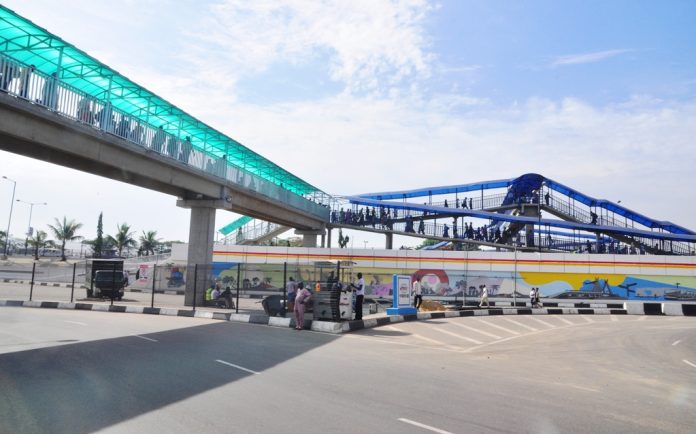By Innocent Onoh
A walk or drive in and around Nigeria’s former capital city, Lagos, will surprise anyone who used to know the place well. Now, one will see beautiful sites and memories to crave, ranging from different creative parks and gardens, to superb architectural designs in different parts of the state.
The immediate past governor, Babatunde Fashola, initiated a monumental Beautification Program aimed at turning the nation’s commercial hub from its epithet as one of the world’s dirtiest cities to a real mega-city worthy of the name.
Luckily, Mr. Fashola’s successor, Governor Akinwunmi Ambode, saw the essence of not only continuing with the program but indeed expanding it to greater configuration. Till date, over 300 parks and gardens have been created and maintained in the city while over 6 million trees have been planted at different places. Fresh monuments were constructed, which no doubt, have significantly boosted the state’s tourism potential.
Also, while motor parks are aggressively being reconstructed in line with modern taste, some bridges constructed many years ago, which had become obsolete due to age, now glitter after being re-painted.
According to the General Manager, Lagos State Environmental Protection Agency, LASEPA, Dr. Adebola Shabi, the beautification efforts have to a large extent enhanced the quality of life in the state compared to the situation before the commencement of the program.
Today most of the slum settlements that gave Lagos a bad name have either been bulldozed for fresh estates or converted into beautiful gardens for relaxation and sporting activities, as in the case of Adeniji Adele and Oworonshoki.
Interestingly, the initiative is reputed to have created nearly one hundred thousand jobs through various chains of businesses including landscaping, welding, and architecture, especially as an agency, Lagos State Parks and Gardens Agency, was established to drive the initiative.
However, some Lagos residents have commended the state government for its efforts but worry that the changes were being made at the expense of the livelihood of ordinary people. They urged the authorities to work towards effective maintenance of the new facilities and gardens and the enforcement of environmental laws to sustain the efforts.


















